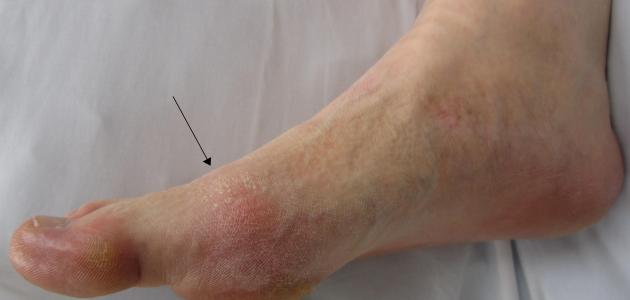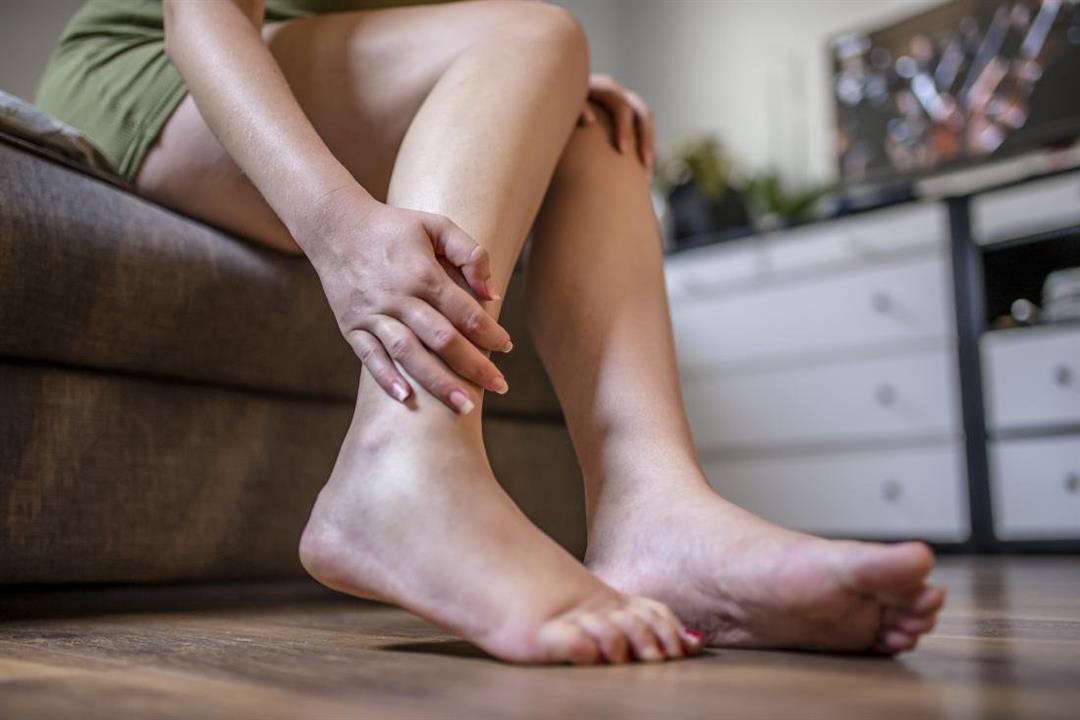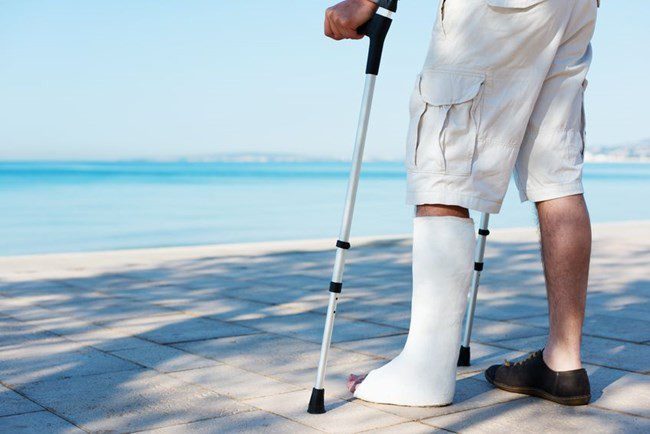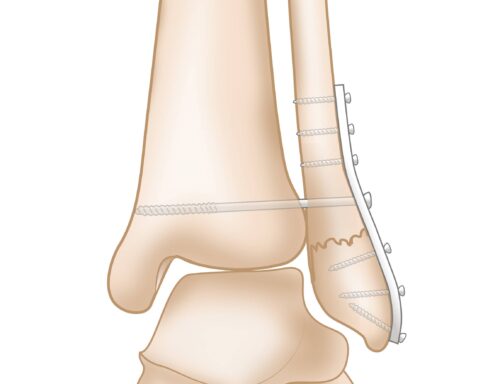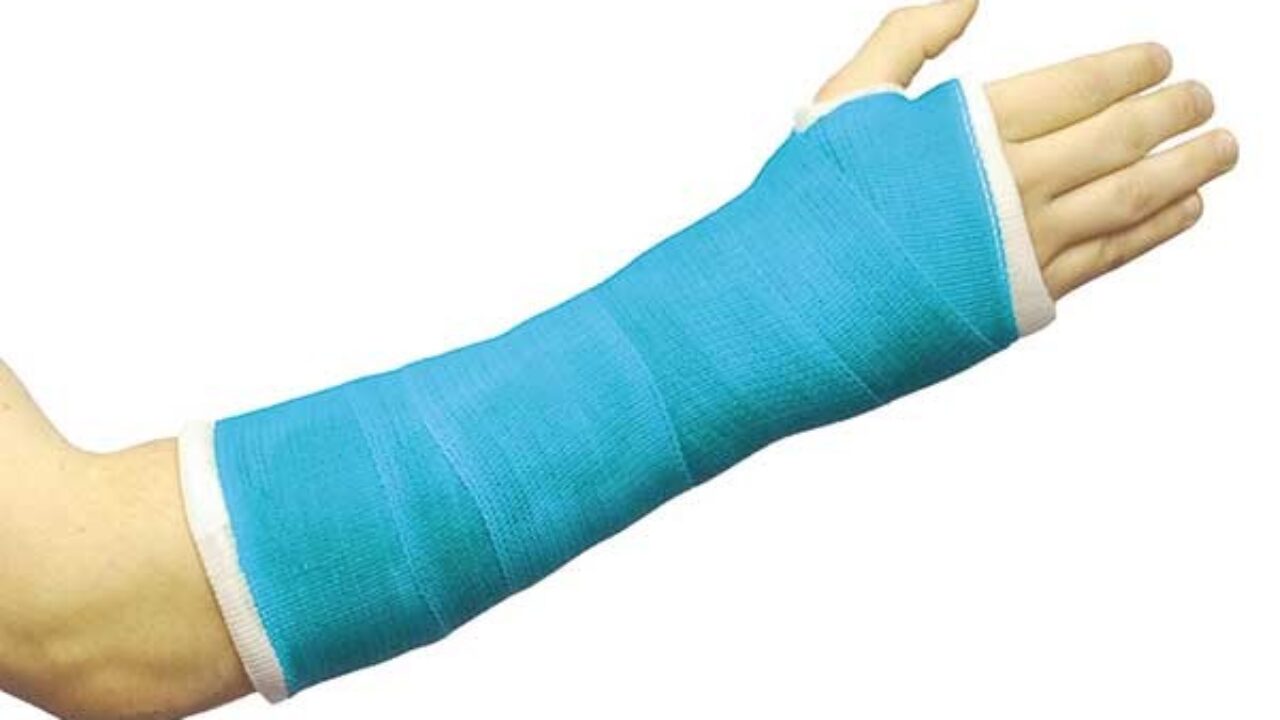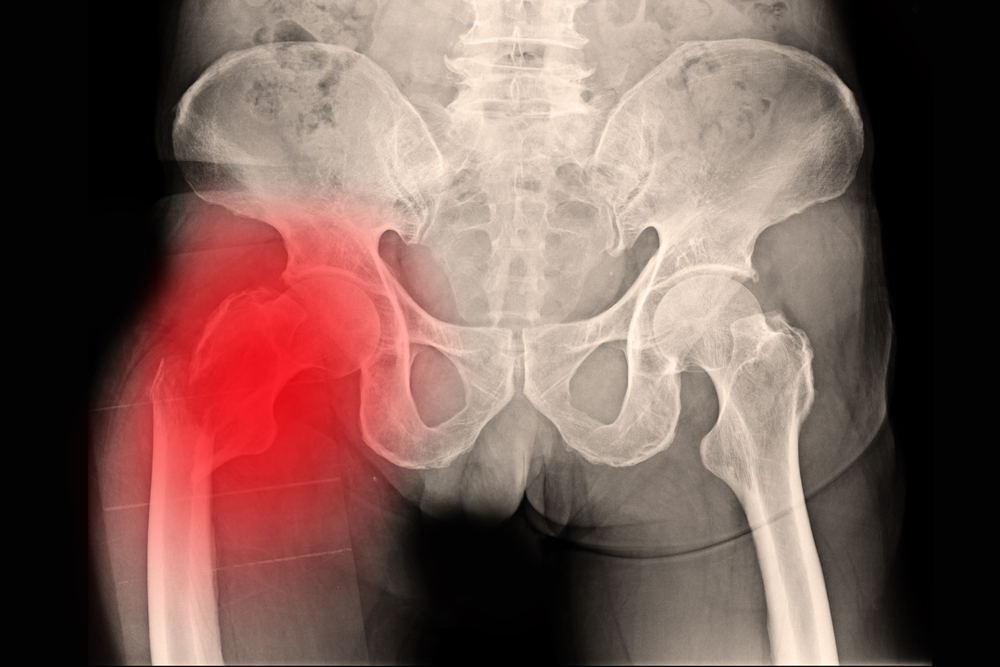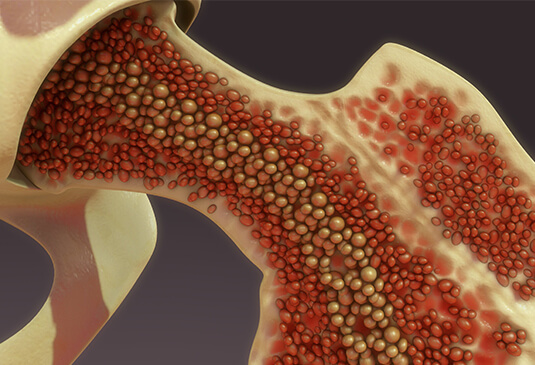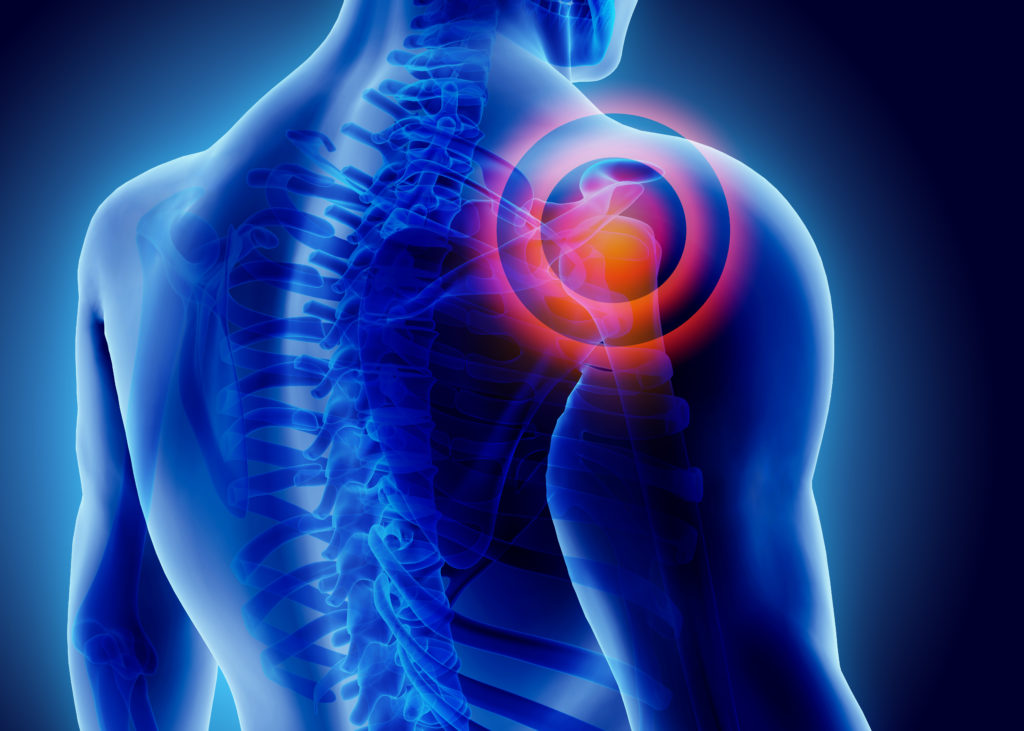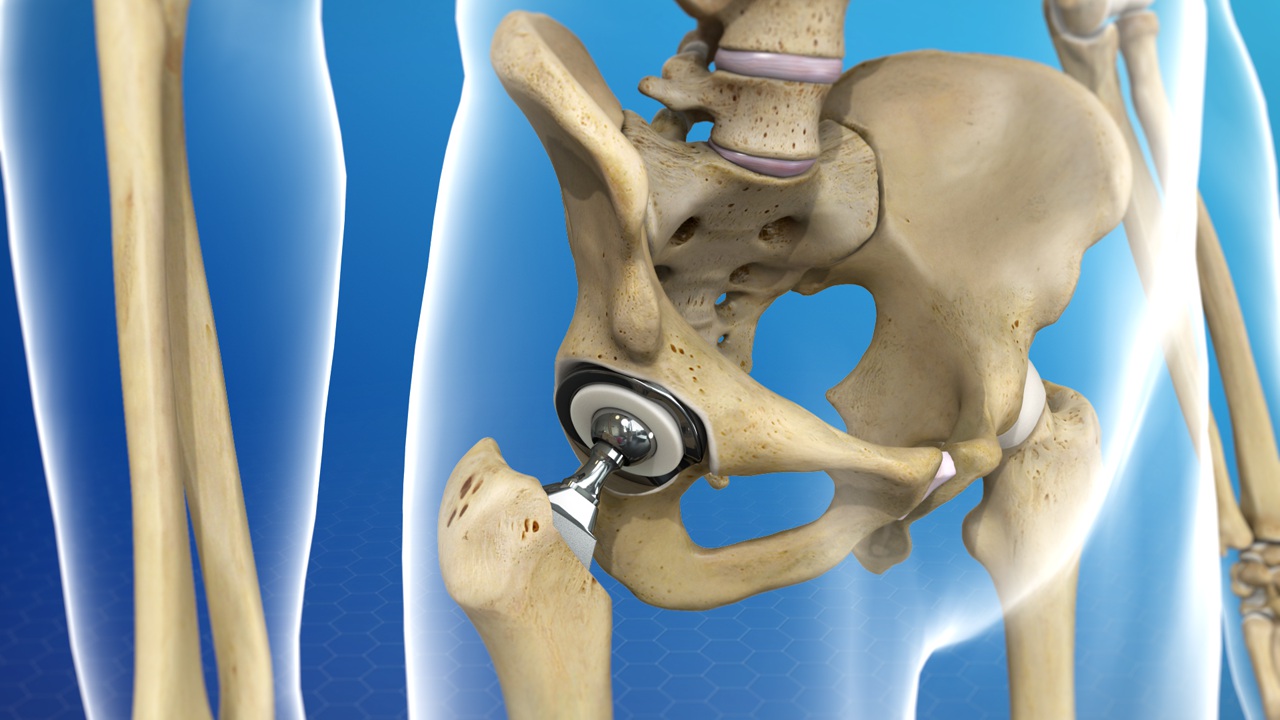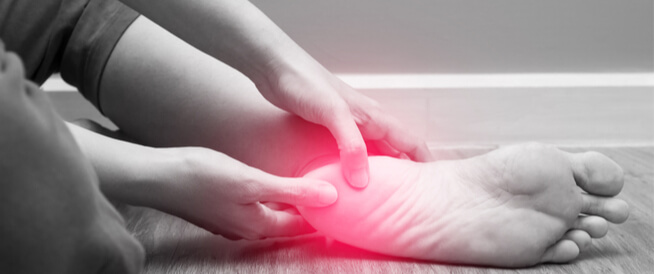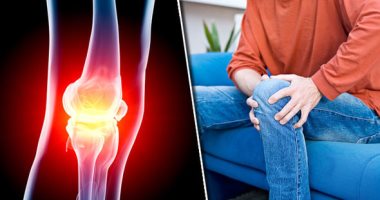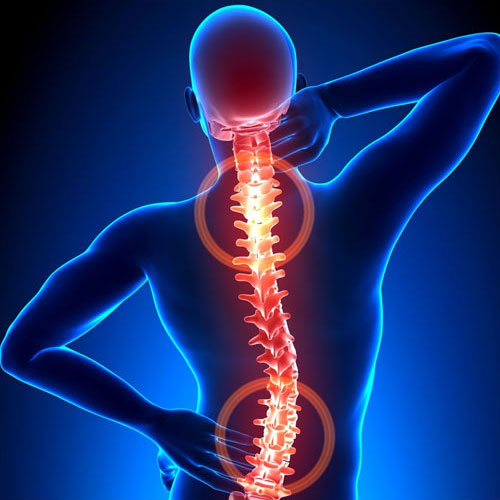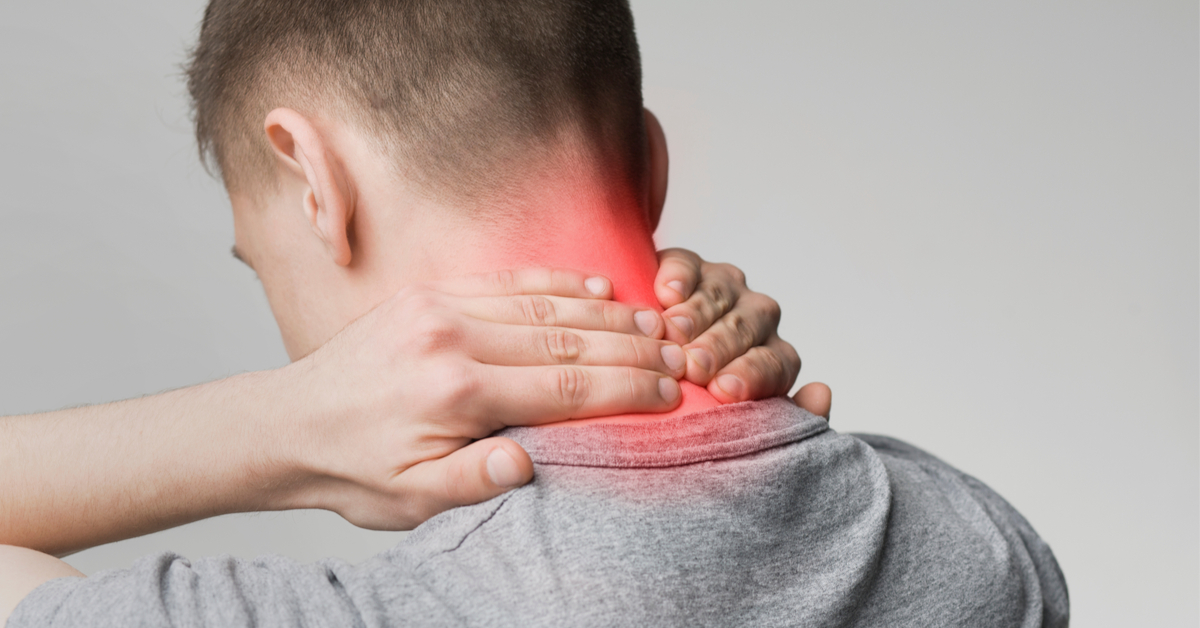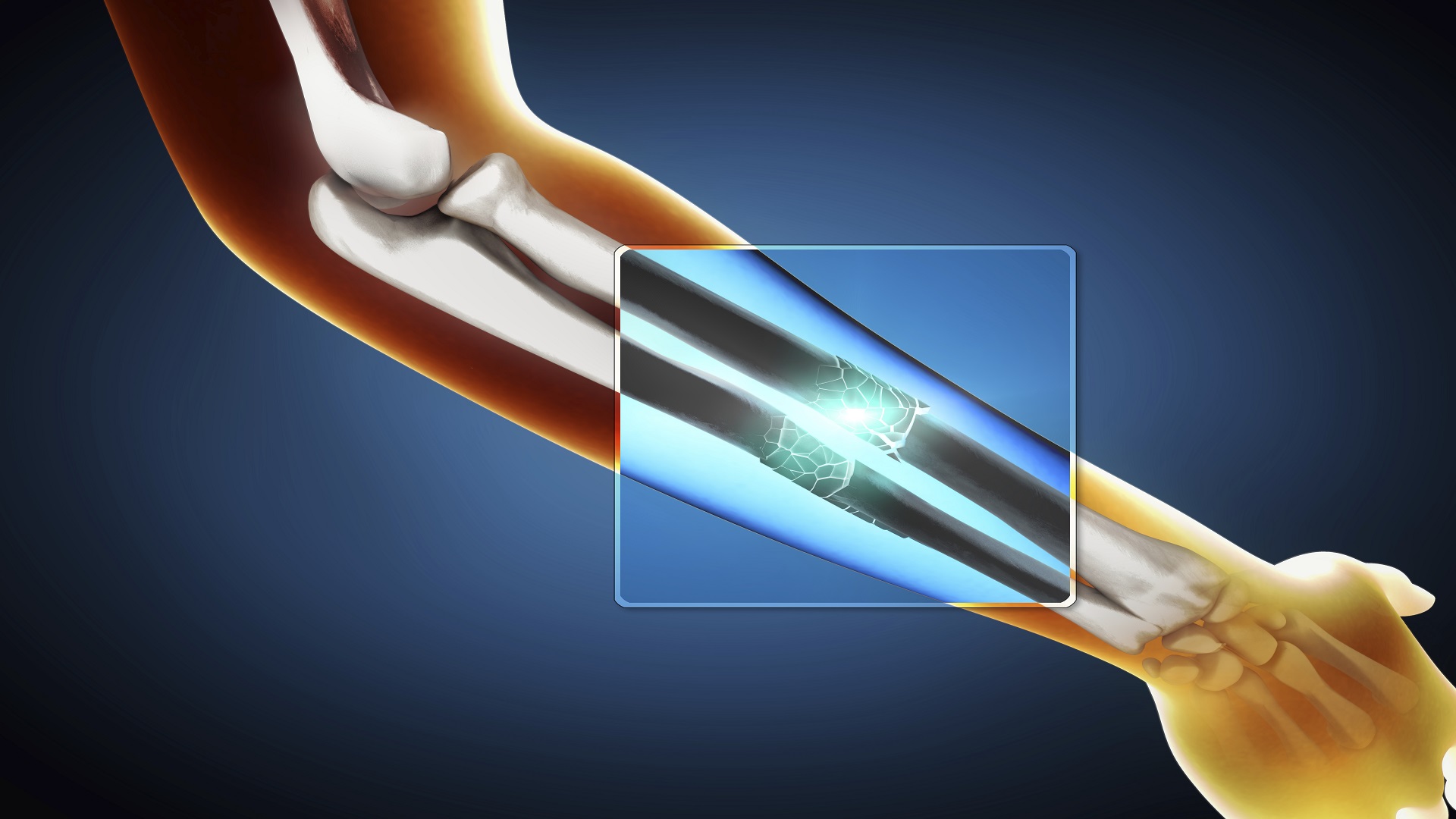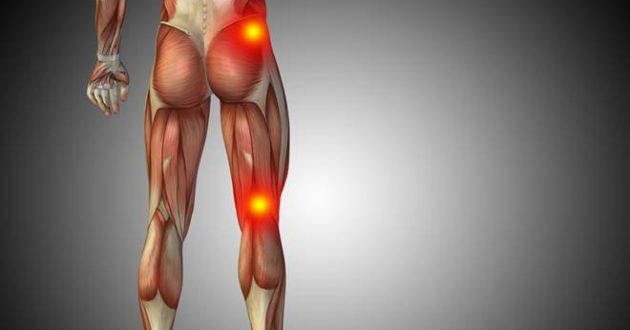What you do not know about bone moisture
Bone moisture, or as it is called bone cold, is one of the symptoms that usually accompany colds and is often afflicted by a person on winter days. In the following paragraphs, we provide you with more information regarding the causes, symptoms, and effective treatment for bone moisture.
Bone moisture
Bone moisture is one of the diseases that usually affect the body during the summer season, and it accompanies colds and influenza that occur to a person at this time of the year as a result of low temperatures and cold weather. It causes damage to the bones of the body in general.
What is bone moisture?
Bone moisture, or as it is called bone cold, it is one of the diseases that affect the body at times of low temperatures, but if the bone pain is accompanied by a high temperature or a feeling of extreme stress, this is considered a dangerous alarm for the presence of bone cold.
The cold negatively affects the bones and increases the pain that the person feels and may make it difficult to use the bones generally due to the pain caused by the bone moisture. Bone moisture often affects the body in winter periods due to the spread of colds at this particular time.
More than one study showed that winter generally causes pain in the bones as a result of the body being in a state of relative lethargy and blood circulation not flowing well, and this is normal in times of cold and low temperatures, but if the bone pain is accompanied by a high temperature or a feeling of extreme stress, this is considered a dangerous alarm for the presence of bone cold.
A person can get moisture in the bones for several reasons, including severe inflammation or infection in the body, which requires the body to produce some chemicals that help fight infection and result in pain in the muscles and bones, and bone moisture can also occur from severe scissors in the percentage of water inside the body or dehydration, which makes the body unable to get rid of cramps and tension.
Causes of bone moisture
Winter is one of the most common times of the year when people get wet bones or bone cold as a result of exposure to joint diseases or a common cold, which is usually accompanied by bone pain that lasts for a while and makes the patient unable to move like a sab, and here are some of the reasons that help with bone moisture:
- Occurrence of influenza infection or severe colds: Colds usually affect the respiratory system first in the body, and as a result of substances secreted by the body to get rid of an infection, pain in the bones results.
- Using light clothes in winter times: Some people may neglect to wear heavy clothes to protect from the cold in times of frost, which causes the body to become cold and is accompanied by bone pain.
- Sudden change in body temperature: Sometimes in winter times a person can catch a cold as a result of exposure to a cold air current in the bones, which results in pain in the joints and muscles and fatigue of the body in general.
- Frostbite: It is possible for a person to be infected with frostbite, which results in some infections in the skin, and in advanced cases, the inflammation affects tissues and bones, causing severe pain.
Bone cold in the back
The symptoms of bone diseases are usually similar, with certain differences between each of them. Therefore, affected people confuse osteoporosis with influenza infection, which may affect you in winter periods and negatively affect bones, joints, and muscles as well.
There is more than one symptom that affects the back area specifically when it becomes infected with bone moisture, and we learn about it as follows:
- Back pain that extends to the neck and leads to difficulty in movement.
- The person begins to feel general weakness in the body and fatigue in the joints and muscles of the back.
- Cold bones in the back sometimes cause a feeling of headache and insomnia, which reduces a person’s concentration.
- Sometimes the pain reaches dizziness, nausea, and loss of appetite.
- Bone cold pain is accompanied by a relatively high temperature and coughing.
usually advised when a bone cold develops that the patient takes rest and that he use analgesics to relieve the symptoms and pain that he feels, and a lot of hot drinks during this period may help in relieving the pain as well.
Bone cold symptoms
Colds can greatly affect the body, especially the bones, and make the sufferer suffer for quite a while from pain and fatigue in the body every year, and there is more than one symptom that alerts you to a bone cold, and they are as follows:
- You may feel tired in the body.
- The presence of severe pain in the joints and bones is followed by muscle spasms.
- Feeling pain when moving the bone and stiffness affects it.
- A creaking or crackling sound when moving the knee or hand bones.
- The presence of pain increases in the bones with standing for long periods.
- Insomnia and difficulty sleeping regularly.
A person with cold bones needs to try to drink warm drinks, avoid severe cold currents, and use some pain relievers that help him overcome the period of fatigue and reduce the severity of his symptoms.
How to prevent a bone cold?
We help you in this paragraph with some ways to prevent bone cold and pain, namely:
- Stay away from cold air: Keeping warm and avoiding extreme cold can help you get a bone ache.
- Practicing healthy habits: Exercising regularly helps stimulate blood circulation and flow regularly, increases the body’s resistance to diseases, and makes muscles and joints more flexible, especially in the winter season, which causes stiffness.
- Adopting a healthy diet: Eating fresh vegetables and fruits and increasing them in the winter, during times of influenza infection, provides the body with the necessary vitamins to maintain healthy bones and joints and enhance immunity against infection.
- Drinking a lot of hot drinks: Certain types of herbs, such as chamomile and anise, can help reduce bone infections associated with colds.
What is the treatment of bone moisture?
There are a number of signs indicated by doctors that help in treating bone moisture at home while adhering to it for some time, as follows:
- Wearing heavy clothes: In winter weather, the incidence of colds increases as a result of exposure to severe cold air currents. Wearing clothes suitable for this time of year helps relieve symptoms of bone moisture.
- Get some rest: Increasing the body’s stress and the feeling of fatigue due to the muscular effort exerted may make the person feel more cold bones, so rest is the solution at this time.
- Using warm water compresses: Warm water helps stimulate blood circulation and enhance its flow naturally, which helps reduce bone pain and the feeling of cold in it.
- Orthopedic massage: Orthopedic massage can make the places affected by the cold better and relieve pain in the bone. Applying anti-inflammatory oils such as olive oil to the affected part helps in relieving the pain.
- Taking painkillers: In cases of severe bone cold that accompanies arthritis, the person can take anti-inflammatories and painkillers that help reduce pain.
Herbal osteoporosis treatment
Bone moisture treatment has more than one form, but in general, it can be treated at home by following some treatment tips or using herbs, which are what we are talking about in this paragraph:
- Turmeric: There is a substance in turmeric called curcumin, which is anti-inflammatory and relieves bone pain.
- Fresh garlic: Some people may not like garlic because of its smell, but it is a powerful anti-inflammatory and helps relieve joint and bone pain.
- Ginger: Whether fresh or dried ginger can be used, it effectively relieves bone cold pain and relieves arthritis.
- Green tea: Substances contained in green tea work to enhance the body’s immunity and reduce the risk of developing arthritis or bone cold.
- Cloves: Cloves are among the most commonly used herbs for relieving pain and treating infections, as they contain chemical compounds that help improve bone health and density and resist bone moisture.
Joint moisture treatment
Moisture or cold can affect the joints and bones specifically in the winter and increase the cold, so you may be exposed to them, so we offer you some preventive treatments that help reduce joint moisture:
- A person can use warm water compresses on the affected area, or swim in a hot pool of warm water, which helps the bones and joints to relieve spasms and pain that have affected them.
- Exercising works to enhance the strength and flexibility of the joints, and strengthens the muscles that support them, and this greatly treats joint cold.
- Eating healthy food generally benefits the body and enhances its immunity against infections and joint diseases that cause pain.
- In cases of severe joint dampness, it is possible to use some anti-inflammatory drugs that reduce pain in the body in order to get rid of excess fatigue.
Bone cold in summer
It is possible to catch a bone cold in the summer, especially at the time of changing seasons and the beginning of the summer season, in which the incidence of colds that cause bone moisture increases, and exposure to cold air currents from fans or air conditioners in the summer makes the body develop bone inflammation or a cold of determination, especially if it is for long periods.
You must keep wearing suitable clothes for the summer and avoid exposure to cold after extreme heat or vice versa because it affects the body and makes it easier to get bone moisture.
How do I know that I have a cold in the bones?
Bone cold can affect the body at any time because it comes as a result of infection or colds, but the winter season is the most common in bone infection as a result of severe cold currents that affect the bones, and we introduce you to some of the following signs of bone cold:
- Bone pain and difficulty in movement.
- A feeling of tiredness and lethargy in the body in general.
- A relatively high body temperature.
- Severe cough and pain in the lungs as a result of a cold.
- Sometimes the body becomes difficult to urinate.
What is the cause of bone pain from the cold?
Some many causes and factors cause bone pain in the cold, including:
- Infection with influenza causes the body to secrete anti-inflammatory substances that cause severe bone pain.
- Dehydration can affect the bones and increase tension and spasms that make the joints and bones ache for a long time.
- Severe stress without taking a break leads to bone pain, fluid accumulation on the joints, and sometimes swelling, which negatively affects the bone and causes it to become stiff and painful.
Observing the body and its needs for a healthy taste, practicing an appropriate amount of exercise, and avoiding moving from a place where the air is warm to a place where the air is cold are considered helpful factors for the body to avoid bone moisture.
Does cold cause pain in the joints?
Suppose the body suffers from frequent colds, infections, or inflammation. In that case, this often negatively affects the bones and joints, causing them severe pain and a general feeling of fatigue in the body, a person with muscle pain may also feel pain due to the spasm associated with the cold.
It is good to keep wearing appropriate clothes that make you feel warm in times of cold, and drinking warm drinks also enhances immunity and avoids bone moisture injuries that lead to severe fatigue in the body.
Does cold cause back pain?
The bones and vertebrae of the back may get cold, especially in winter and times of severe frost, because they get cold or bone moisture that causes pain in this part of the body and movement becomes difficult. There may also be creaking or crackling accompanying the pain in this part.
Take anti-inflammatory painkillers that relieve pain and help the body resist dampness, in addition to the possibility of using a massage with almond oil or olive oil because it is anti-inflammatory and relieves back pain.

